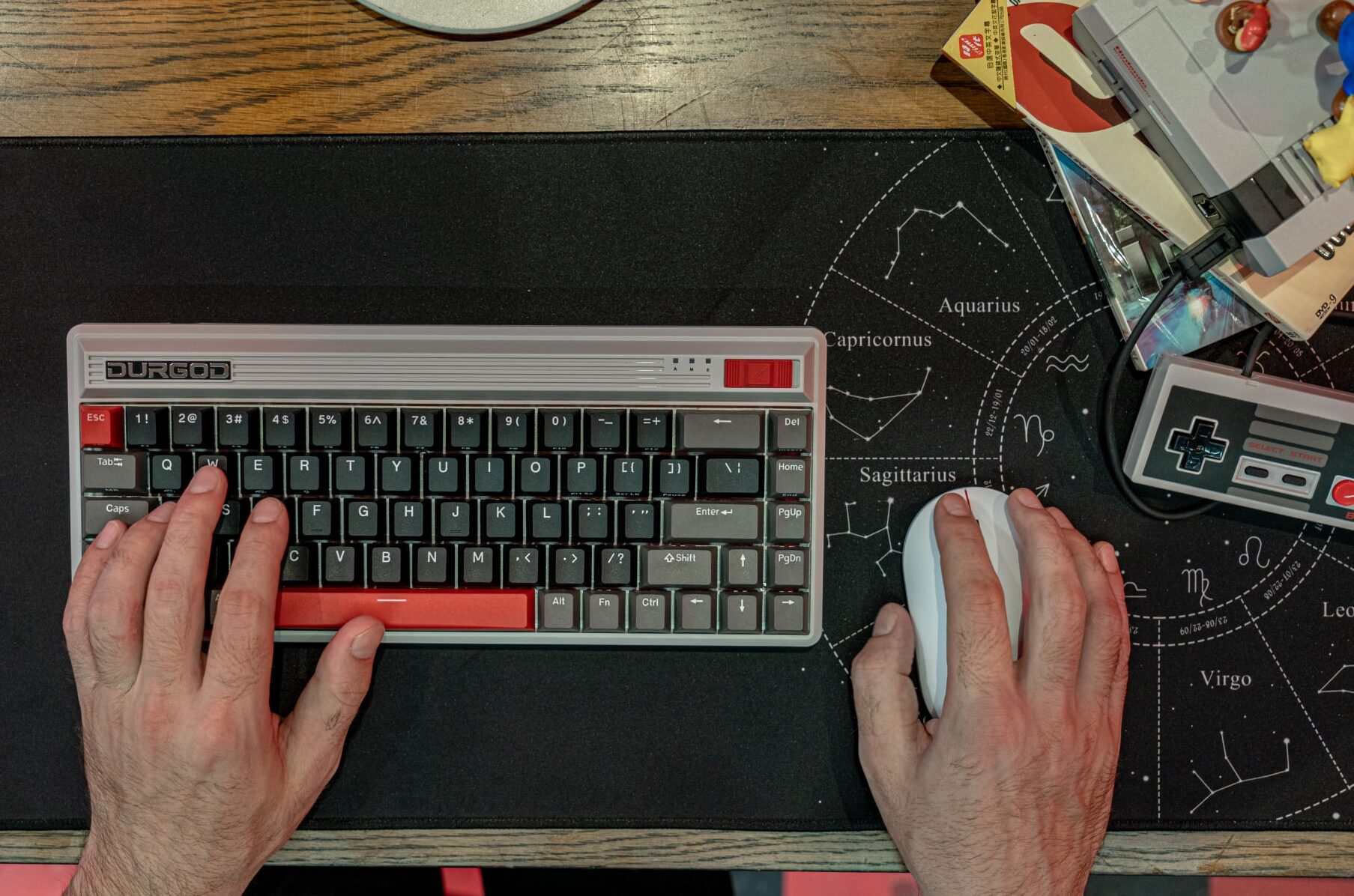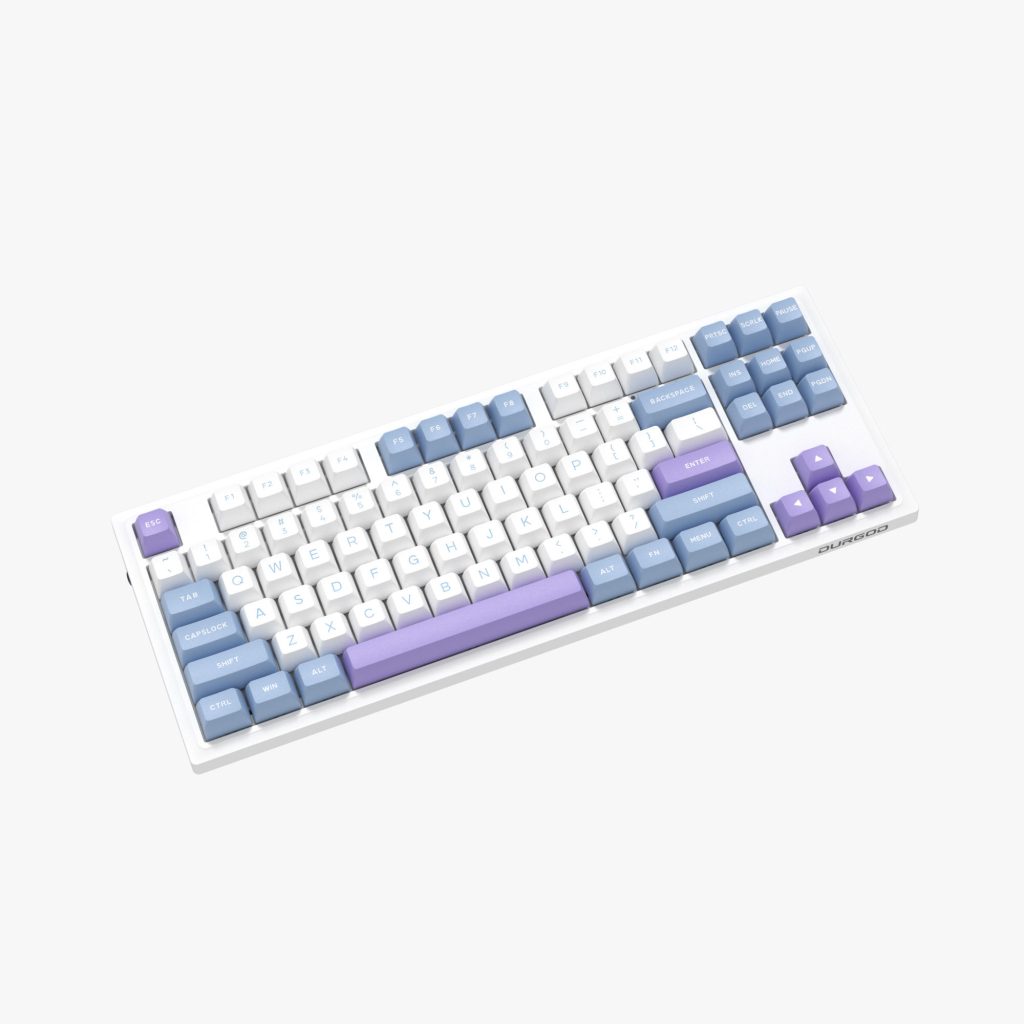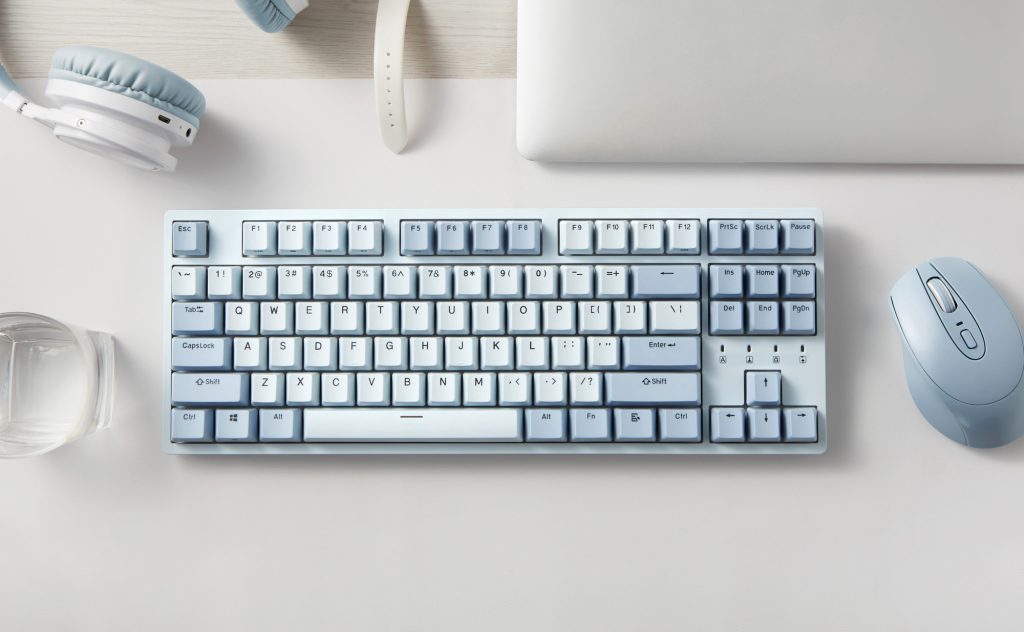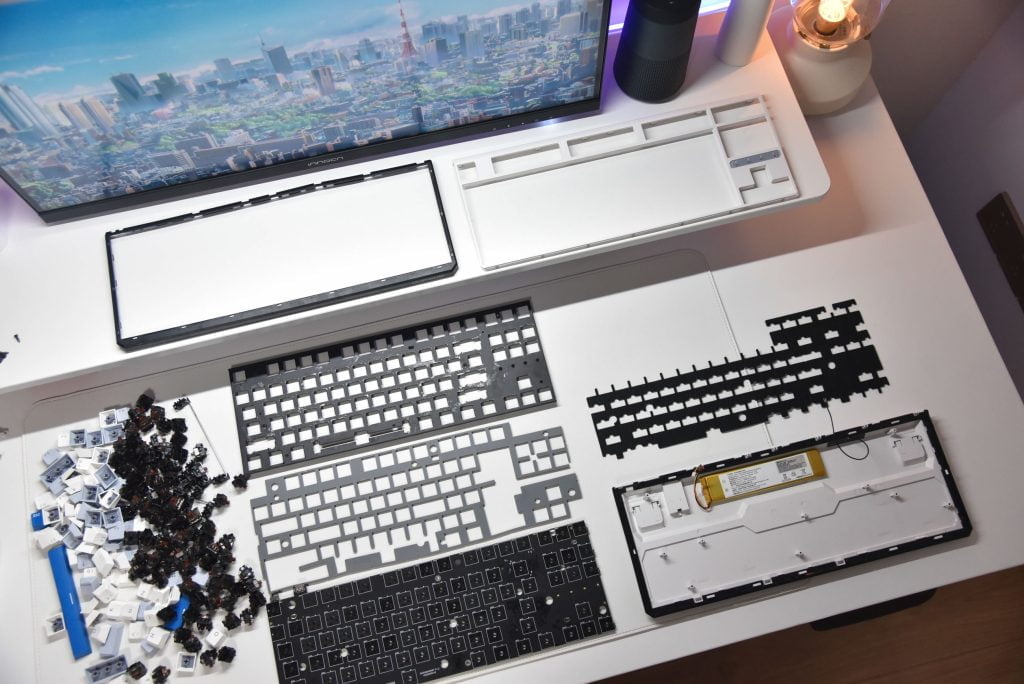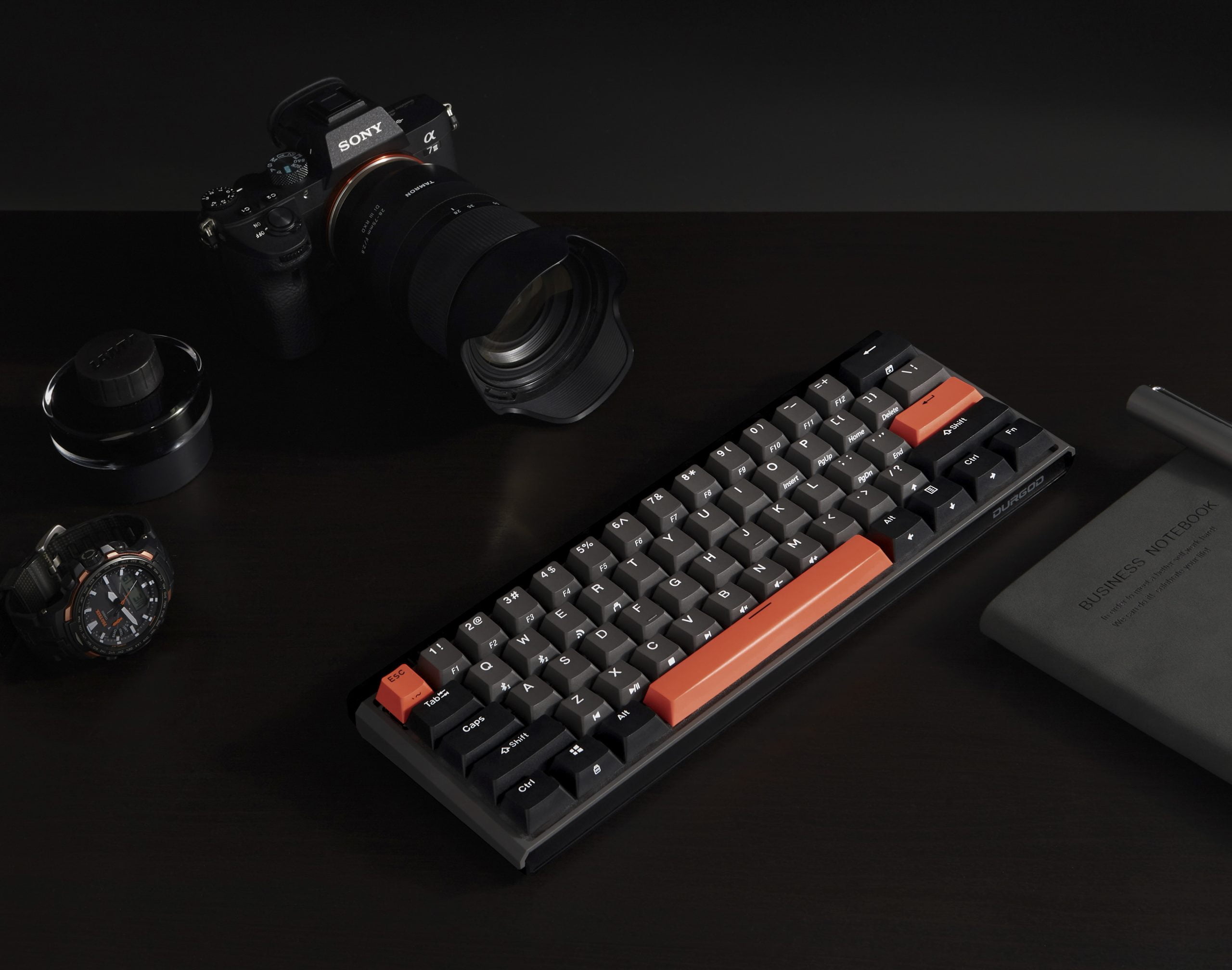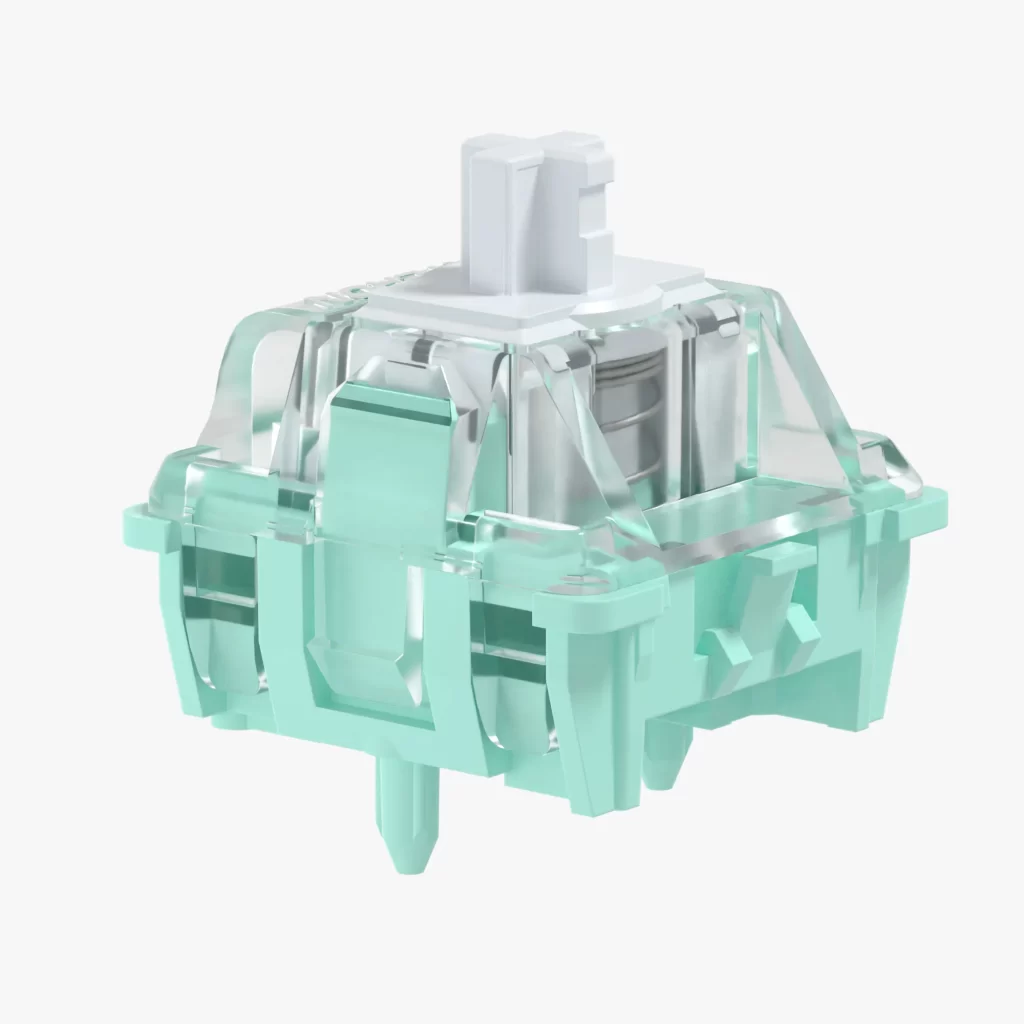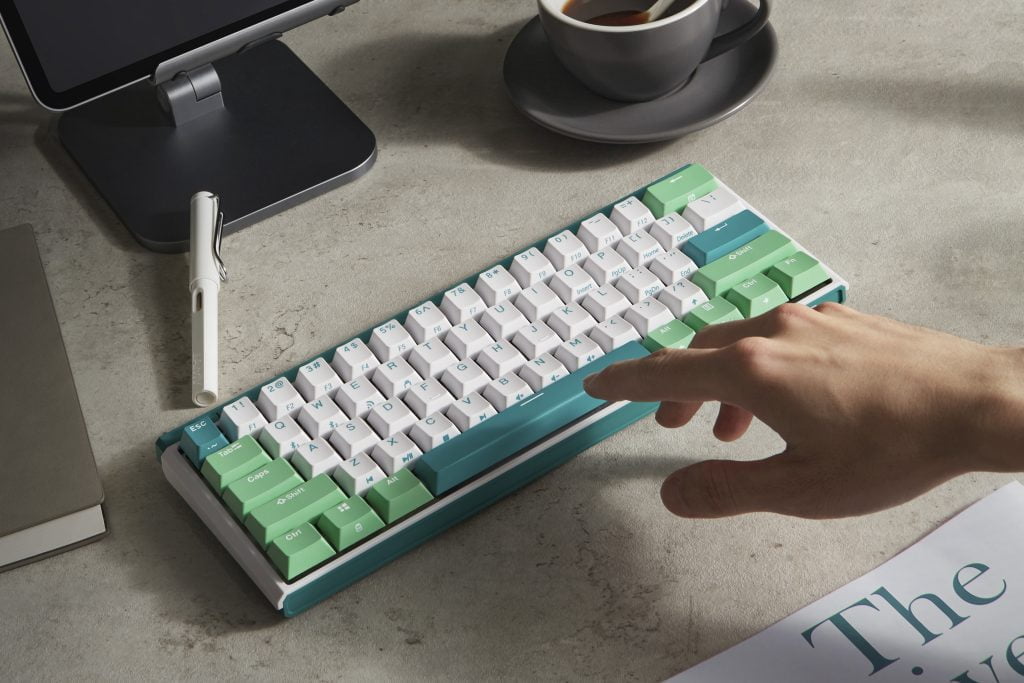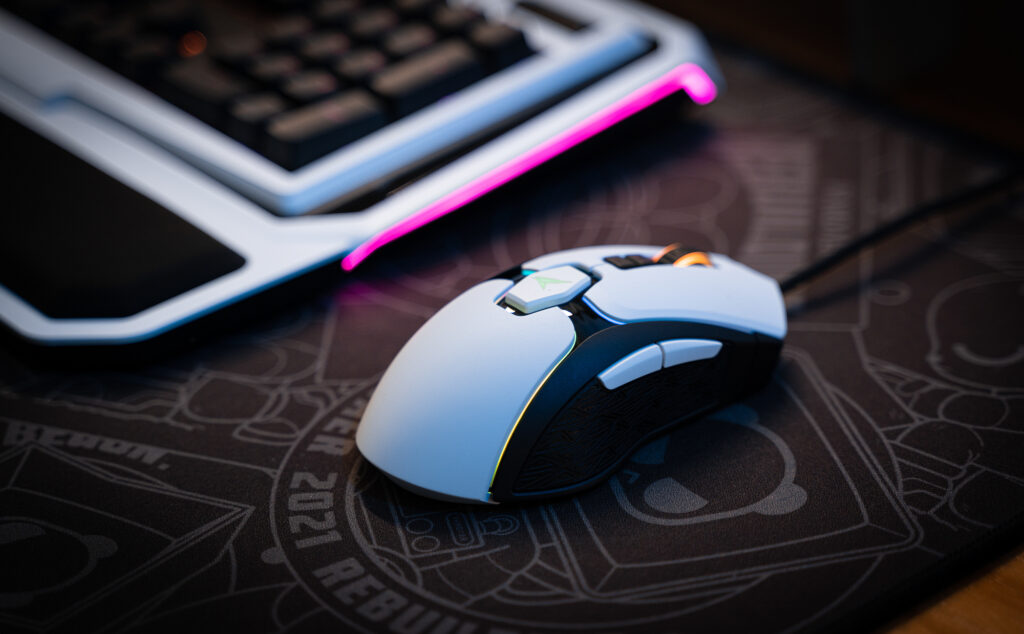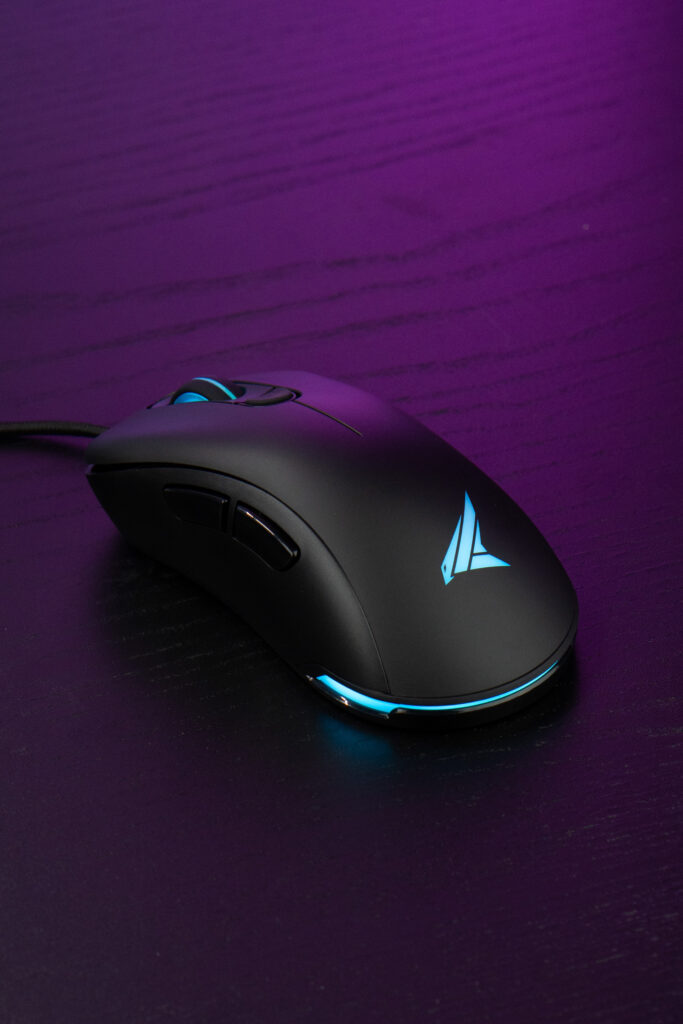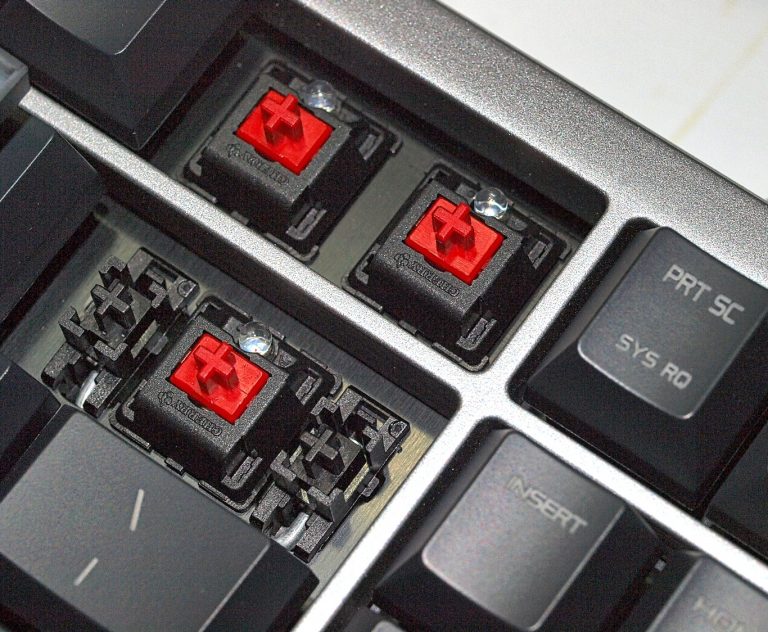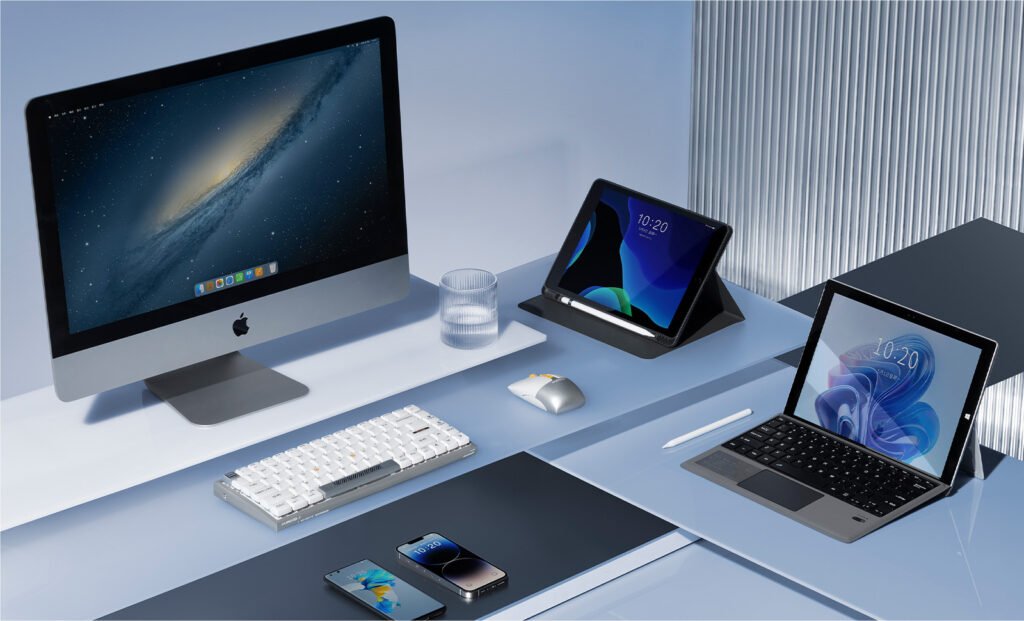Introduction to Ergonomics and Keyboards
The debate between mechanical and traditional membrane keyboards extends into ergonomics, particularly how they impact hand health. Mechanical keyboards have gained a reputation not just for their durability and performance but also for potential ergonomic benefits. Let’s explore whether these ergonomic keyboards are indeed better for your hands.
Tactile Feedback and Reduced Strain
Mechanical keyboards are renowned for their distinct tactile feedback. Each key press is confirmed by a noticeable physical sensation, informing the user that the keystroke has registered. This feedback can significantly reduce the need to press keys forcefully, which in turn, decreases the strain on fingers and wrists. Therefore, for those spending extensive hours typing, a mechanical keyboard could reduce fatigue and discomfort.

Customization for Comfort
Moreover, the ability to customize key switches in mechanical keyboards is a substantial ergonomic advantage. Different switches require varying amounts of force, which means you can choose a keyboard that matches your personal comfort level. For instance, switches like the Cherry MX Reds require less force, making them softer on your fingers, whereas Cherry MX Blues offer a more tactile response, which might be preferred by those who type heavily.
Considerations for Optimal Ergonomics
However, it’s crucial to remember that simply switching to a mechanical keyboard doesn’t automatically guarantee ergonomic benefits. The overall setup, including keyboard placement, wrist support, and desk height, plays a significant role in maintaining hand health. Furthermore, some users might find certain mechanical keyboards too stiff or too loud, which could detract from their personal comfort and workplace suitability.
A Balanced Approach to Keyboard Ergonomics
In conclusion, while mechanical keyboards offer features that can be better for your hands, such as customizable tactile feedback and reduced need for forceful typing, they should be part of a broader ergonomic approach. Assessing personal comfort and workplace needs is essential. Ultimately, whether mechanical keyboards are better for your hands depends on your specific circumstances and preferences. Therefore, consider all factors and perhaps test various keyboards to find the best match for your ergonomic needs.
For more knowledge of mechanical keyboards, visit DURGOD.



